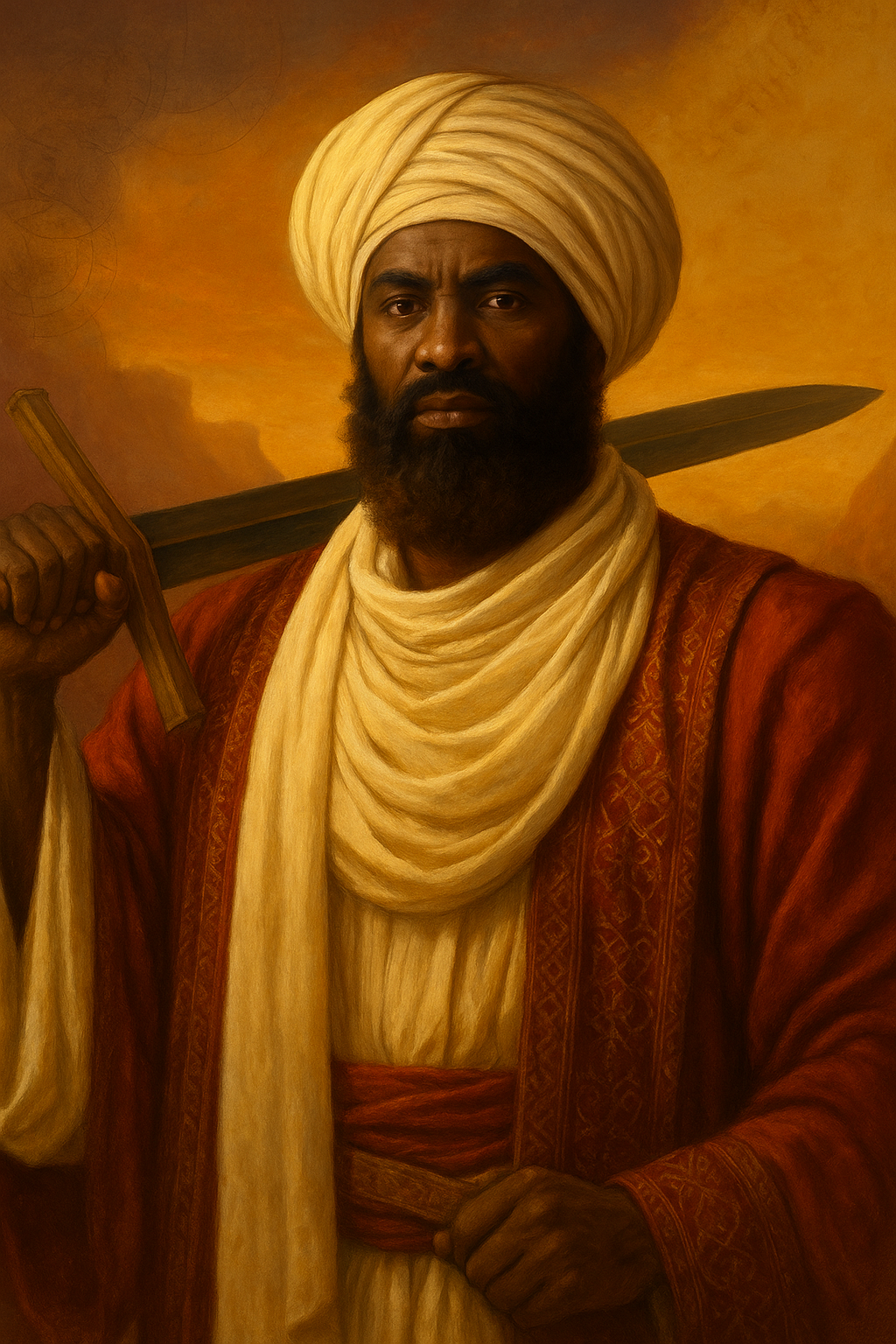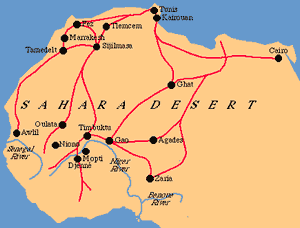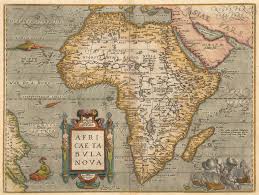The Rise of the Songhai Empire Under Sonni Ali

The Rise of the Songhai Empire Under Sonni Ali
Explore the rise of the Songhai Empire under the leadership of Sonni Ali, whose military conquests and strategic rule transformed it into one of West Africa’s greatest empires.
The Songhai Empire, one of the greatest empires in African history, reached its most formidable peak under the reign of Sonni Ali, who ruled from 1464 to 1492. This period marked an era of aggressive military expansion, religious transformation, and centralization of power that would forever redefine the political and cultural landscape of West Africa.
The Background of Sonni Ali: From Prince to Conqueror
Born in Ali Kolon, the royal capital of Songhai, Sonni Ali hailed from the Sonni dynasty, a line of kings who had ruled the small but rising city-state of Gao. Although Gao had grown significantly due to its advantageous location along the Niger River, it was still under the shadow of the declining Mali Empire when Sonni Ali rose to prominence.
Ali was trained as a warrior from a young age and served in various military roles during his youth. His early exposure to governance and military affairs made him a formidable leader, and upon the death of his father or predecessor (sources differ), he ascended to the throne in 1464 with a burning desire to transform Songhai into the most powerful state in the region.
The Political and Military Strategy of Sonni Ali
Sonni Ali’s rise was not accidental. He understood the vulnerabilities of neighboring kingdoms and city-states, and he used a mix of military might, psychological warfare, and political diplomacy to bring them under Songhai control.
One of his key military strengths was his use of the Niger River. He built a naval fleet, an unusual feat for inland African kingdoms, nd used it to conquer riverine cities. He also organized his army with precision and discipline, making it one of the best-organized forces in the region at the time.
The Expansion of the Songhai Empire under Sonni Ali
Under Sonni Ali’s rule, Songhai expanded aggressively. Some of his most important conquests include:
- Timbuktu (1468): Long considered a center of Islamic learning and commerce, Timbuktu was under the control of the Tuareg when Sonni Ali attacked. He drove the Tuareg out and annexed the city into his empire. Though his control over Islamic institutions was criticized by Muslim scholars, he ensured that trade and learning continued under his administration.
- Djenné (1475): Djenné was another key city along the Niger River, rich in Islamic scholarship and trade. After a prolonged siege that lasted over seven years, Sonni Ali finally captured Djenné. His conquest ensured control over all major commercial routes in the region.
- Mossi Territories: Sonni Ali also led successful campaigns against the Mossi kingdoms to the south and the Fulani and Hausa states in the east. Though not all were permanently annexed, these incursions demonstrated Songhai’s military dominance.
By the time of his death, the Songhai Empire had become the largest empire in West Africa, stretching from the Atlantic coast in Senegal to the Hausa territories in modern-day Nigeria.
A Reign of Controversy: Sonni Ali and Islam
Though born into a region with a strong Islamic presence, Sonni Ali’s relationship with Islam was complex. Unlike Mansa Musa of Mali, who was a devout Muslim, Sonni Ali practiced a blend of traditional African religion and Islam. He supported Muslim scholars to a degree but also imposed his authority over Islamic judges and clerics.
This duality made him unpopular with Islamic historians like Al-Sadi, who described him as a tyrant in the Tarikh al-Sudan, an Arabic chronicle. However, local oral traditions paint a different picture of a pragmatic leader who respected both indigenous beliefs and Islamic practices to maintain political harmony across his diverse empire.
Death of Sonni Ali and the End of a Dynasty
Sonni Ali died in 1492 under mysterious circumstances. Some accounts say he drowned while returning from a military campaign against the Fulani people of the west, while others suggest he was assassinated, possibly by rivals within his court or even his successor, Askia Muhammad Ture.
His death marked the end of the Sonni dynasty. Although his son, Sonni Baru, briefly succeeded him, he was soon overthrown by one of Sonni Ali's generals, Muhammad Ture, who went on to establish the Askia Dynasty and ruled as Askia the Great.
Askia Muhammad brought sweeping reforms to the Songhai Empire, fully institutionalizing Islam, expanding administrative systems, and turning the empire into a well-organized Islamic state. In contrast to Sonni Ali’s hybrid religious stance, Askia enforced Islamic law and aligned more closely with the Islamic world.
Legacy of Sonni Ali
Sonni Ali died in 1492 under mysterious circumstances. Some accounts say he drowned while returning from a military expedition, while others suggest he was assassinated. Regardless of how his reign ended, his rule marked the birth of the true Songhai Empire.
After his death, his successor, Sonni Baru, briefly held power before being overthrown by Askia Muhammad, who further Islamized the empire and centralized administration.
However, none can deny that it was Sonni Ali who laid the foundation for Songhai’s greatness. His bold military campaigns, expansionist vision, and unconventional rule transformed a small kingdom into one of the most powerful empires Africa has ever seen.
Decline of the Sonni Legacy
Although Sonni Ali expanded the empire and laid a strong foundation for Songhai's future glory, the dynasty he founded was short-lived. His successor, Sonni Baru, lacked the charisma and military prowess of his father and faced immediate opposition.
In 1493, just a year after Sonni Ali’s death, Sonni Baru was defeated by Askia Muhammad, a devout Muslim and one of the empire's top generals. This marked a major turning point: a shift from Sonni Ali's warrior-king pragmatism to Askia's Islamic governance and scholarly orientation.
Despite this, Sonni Ali remains a foundational figure in Songhai history. Without his conquests, infrastructure, and power centralization, Askia Muhammad would not have had a base upon which to build his empire.
Conclusion: The Warrior King Who Built an Empire
Sonni Ali's reign remains one of the most transformative in African history. He turned Songhai from a local kingdom into a dominant empire, conquered rival powers, and centralized control across an immense and diverse territory.
His genius lay not only in battlefield strategy but in managing the empire’s economic resources, religious pluralism, and political institutions.
Though his dynasty was brief, the foundations he laid propelled the Songhai Empire into its golden age under Askia the Great.
Sonni Ali was more than just a king; he was a builder of nations, a challenger of orthodoxy, and a symbol of African strength.


